In a shocking move that has sent ripples through the healthcare community, Health and Human Services Secretary Robert F. Kennedy Jr. has postponed a critical meeting of the U.S. Preventive Services Task Force (USPSTF). This decision, announced just hours before the scheduled July 10 gathering, raises serious concerns about the integrity of public health recommendations and access to essential preventive care.
Implications of the Postponement
The USPSTF is responsible for making recommendations that determine what preventive services insurance companies are required to cover without cost to patients. These services include crucial health screenings for cancer, sexually transmitted infections, and mental health assessments. By postponing this meeting, Kennedy jeopardizes the accessibility of these vital services, which are protected under the Affordable Care Act. Medical professionals and organizations are alarmed, as this could result in a chilling effect on how preventive care is administered in the United States.
Political Maneuvering in Public Health
This postponement is not an isolated incident but part of a broader pattern of political maneuvering that threatens the autonomy of health advisory bodies. Just weeks prior, Kennedy dismissed all 17 members of the Advisory Committee on Immunization Practices (ACIP), replacing them with individuals who express skepticism towards vaccines. As reported by The New York Times, this decision has significant ramifications for vaccination programs that provide free immunizations to millions of children across the country.
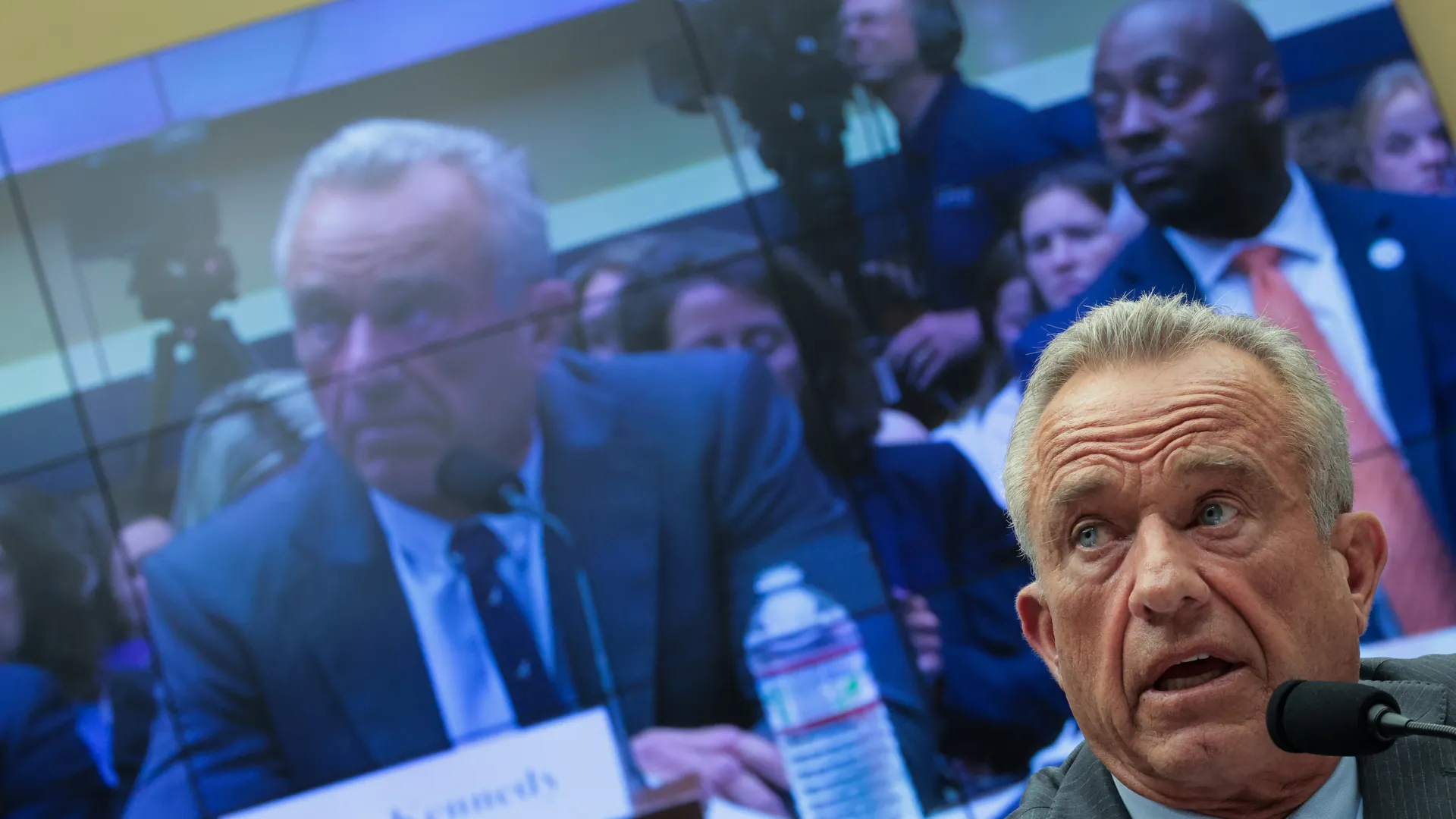
RFK Jr. postpones preventive service task force meeting
Legal Authority and its Consequences
Compounding the issue is a recent Supreme Court ruling that affirms Kennedy"s authority to unilaterally appoint and remove USPSTF members, as noted by AP News. This ruling not only consolidates power in the hands of the HHS Secretary but also raises fears that health recommendations will be influenced by political ideology rather than scientific evidence. The ramifications of this legal authority extend to the heart of public health policy, as it opens the door for future appointments that may prioritize ideology over integrity.
Medical Community Responds
In light of the postponement, over 100 medical organizations have rallied together to urge Congress to protect the USPSTF from political interference. Their letter emphasizes the critical need for maintaining the integrity of this body, which serves as a cornerstone for preventive health care in the U.S. As highlighted by Dr. Aaron Carroll, CEO of AcademyHealth, this situation is more than a bureaucratic shuffle; it disrupts how patients access no-cost preventive care and how clinicians practice medicine. The medical community is rightfully concerned that Kennedy"s actions could lead to a significant rollback of health protections that millions rely on.
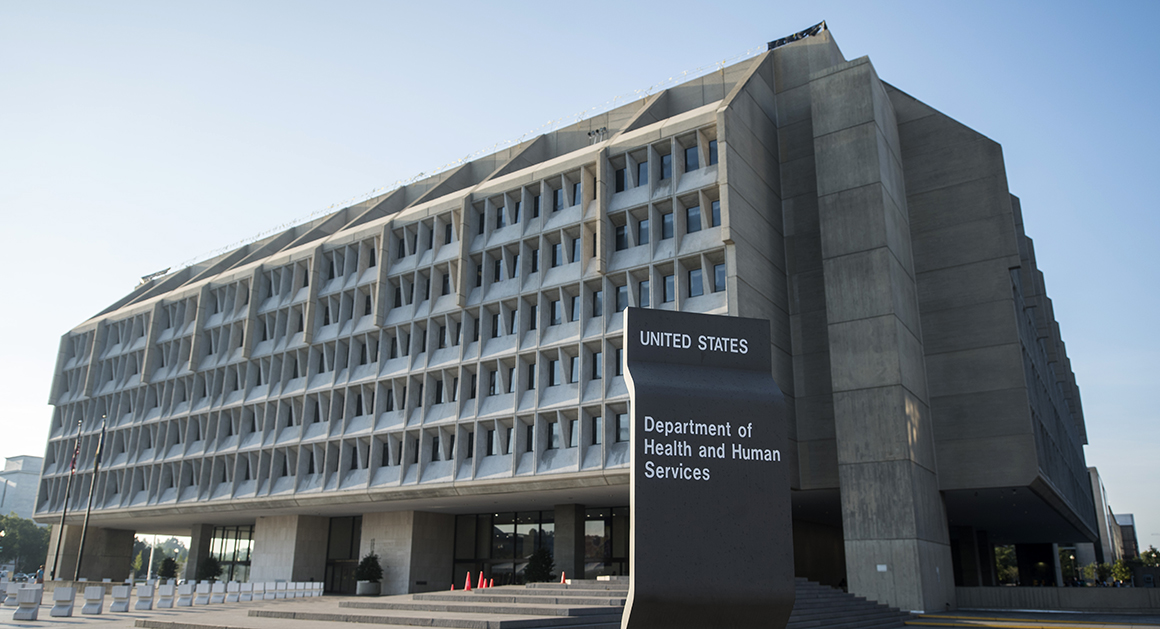
Anti-birth control official who led Title X departs HHS ...
The Bigger Picture: A System Under Siege
This latest episode is emblematic of a larger systemic issue where public health governance is increasingly susceptible to political whims. The implications of Kennedy"s decisions reach far beyond a single meeting; they threaten the very fabric of democratic governance in health policy. Public health should be guided by science and compassion, not by political agendas or the whims of a single individual. As reported by Harvard Public Health, the changes initiated by Kennedy could have dire consequences for public health strategies aimed at combating preventable diseases.
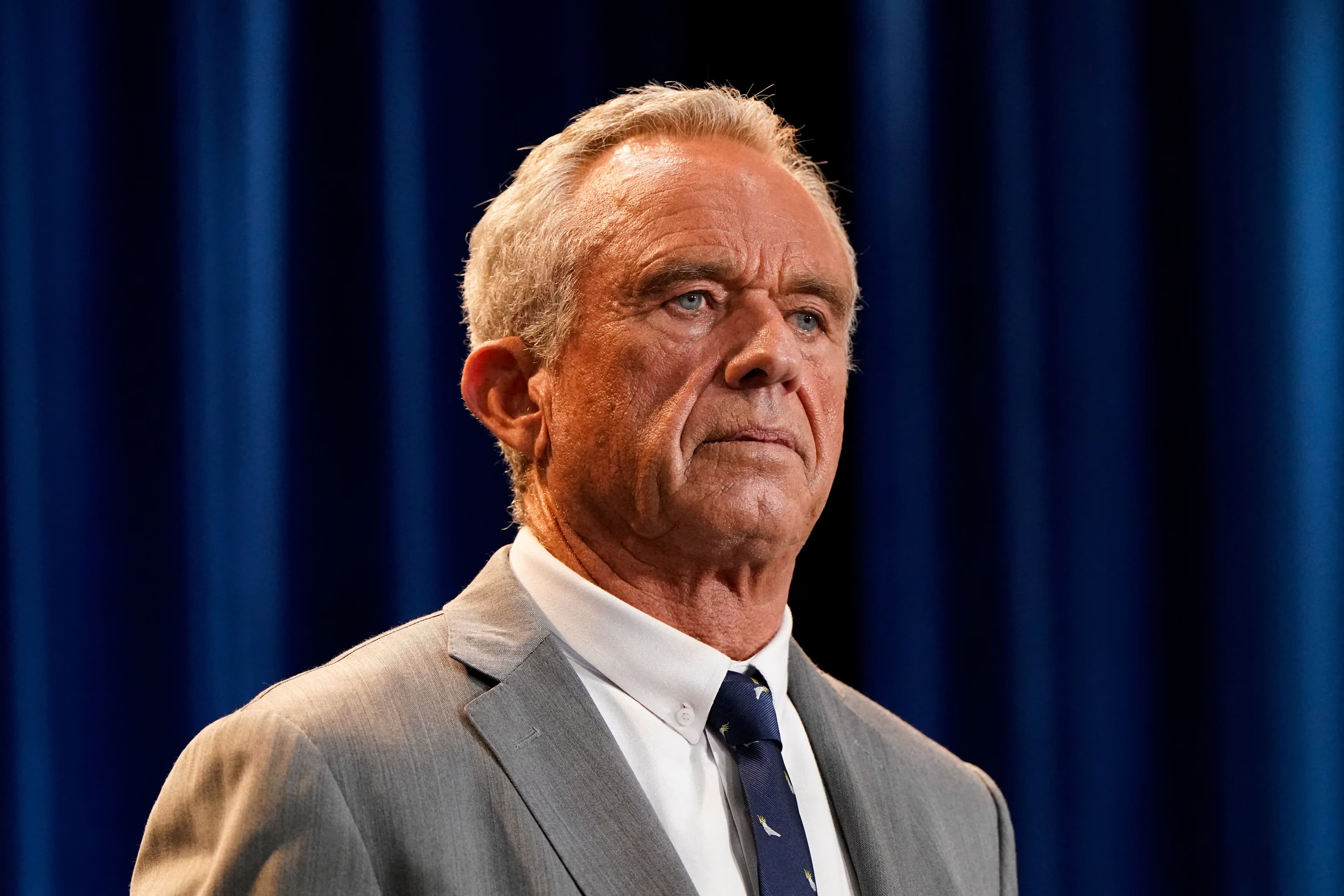
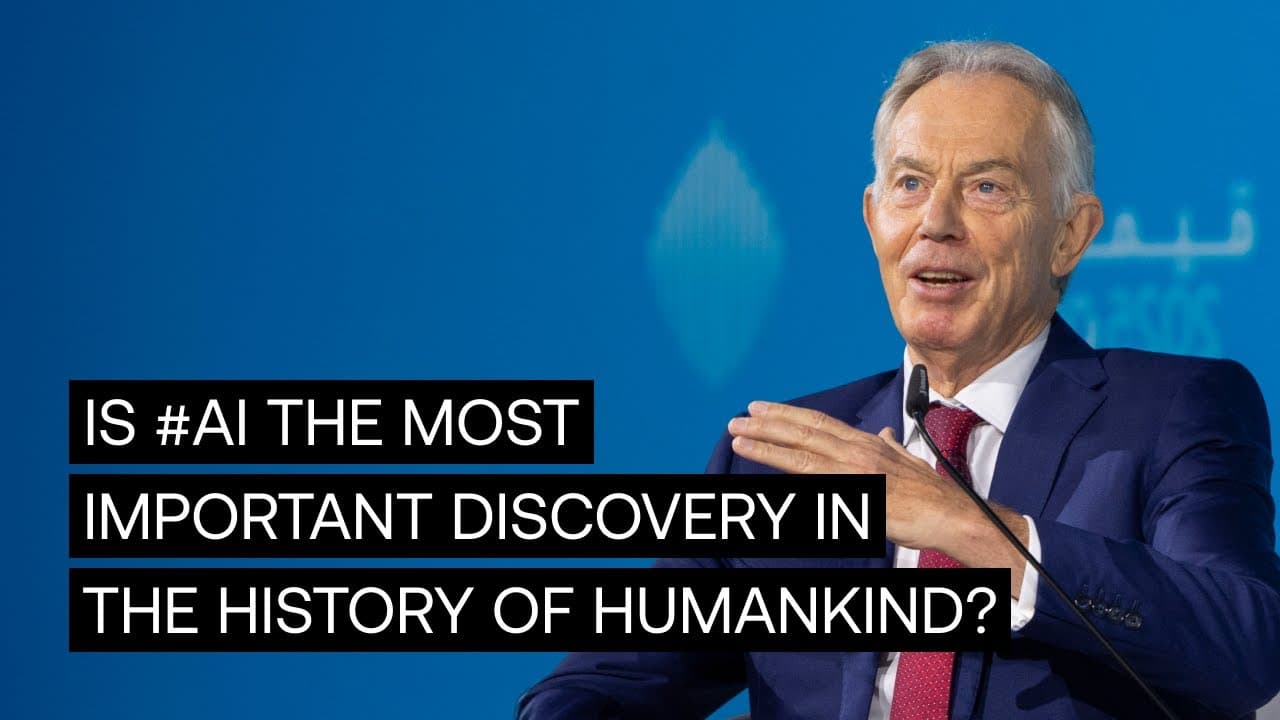
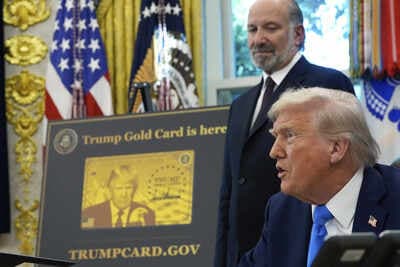




![[Video] Gunfire between Iraqi security forces and Sadr militias in Baghdad](/_next/image?url=%2Fapi%2Fimage%2Fthumbnails%2Fthumbnail-1768343508874-4redb-thumbnail.jpg&w=3840&q=75)
